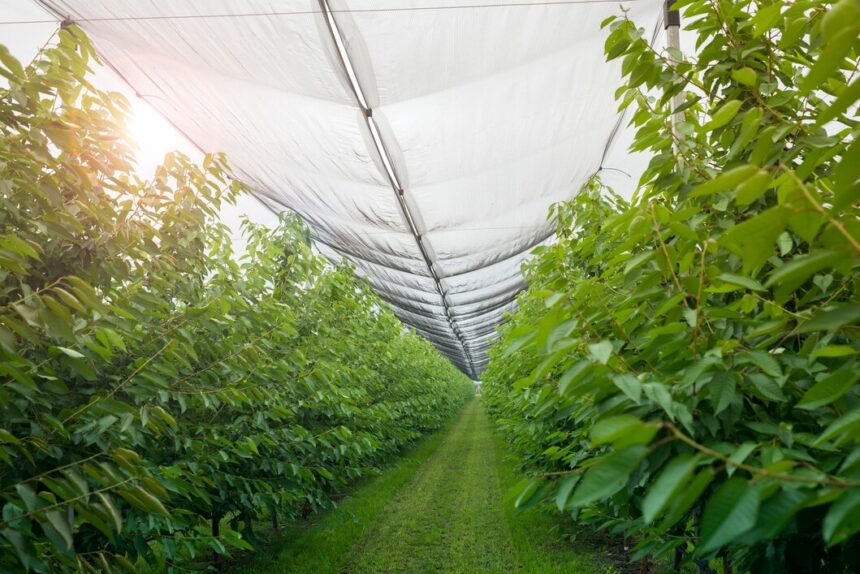Water scarcity is a pressing challenge facing South African farmers, exacerbated by climate change, droughts, and competing water demands. In light of these challenges, it is essential for farmers to adopt water-efficient practices to sustain agricultural productivity while conserving precious water resources. Here are ten ways South African farmers can reduce water usage on their farms:
Drip Irrigation Systems:
- Install drip irrigation systems to deliver water directly to the root zone of crops, minimizing evaporation and runoff.
- Drip irrigation systems ensure precise water application, promoting efficient water use and maximizing crop yield per drop.
Mulching:
- Apply organic or synthetic mulch materials to the soil surface to reduce evaporation, suppress weed growth, and retain soil moisture.
- Mulching helps conserve water by minimizing water loss through evaporation from the soil surface, particularly in hot and arid climates.
Soil Moisture Monitoring:
- Use soil moisture sensors or probes to monitor soil moisture levels and irrigation requirements accurately.
- Soil moisture monitoring helps farmers make informed decisions about irrigation scheduling, avoiding both overwatering and underwatering of crops.
Precision Irrigation Technology:
- Adopt precision irrigation technologies such as variable rate irrigation (VRI) and remote sensing to optimize water application based on crop water requirements and field variability.
- Precision irrigation technology enables farmers to tailor irrigation practices to specific crop needs and field conditions, reducing water wastage.
Crop Selection and Rotation:
- Select drought-tolerant crop varieties adapted to local climatic conditions and soil types.
- Implement crop rotation and diversification strategies to optimize water use efficiency and minimize water stress on crops.
Water-Efficient Farming Practices:
- Implement conservation tillage, cover cropping, and reduced tillage practices to improve soil structure, water infiltration, and moisture retention.
- Adopt agroecological principles and regenerative farming practices that enhance soil health and resilience to drought.
Water Recycling and Reuse:
- Implement water recycling and reuse systems to capture and treat agricultural runoff, drainage water, and wastewater for irrigation purposes.
- Recycled water can be used for non-potable purposes such as irrigation, livestock watering, and farm sanitation, reducing reliance on freshwater sources.
Efficient Irrigation Scheduling:
- Use weather data, evapotranspiration (ET) rates, and crop water requirements to develop efficient irrigation schedules.
- Avoid irrigating during peak evaporation periods and adjust irrigation frequency and duration based on weather forecasts and crop growth stages.
Leak Detection and Repair:
- Regularly inspect irrigation infrastructure, pipelines, and water delivery systems for leaks, breaks, and inefficiencies.
- Promptly repair any leaks or damaged components to minimize water losses and ensure efficient water distribution.
Water-Efficient Livestock Management:
- Implement water-efficient livestock management practices, such as optimizing watering systems, reducing water wastage, and improving water quality.
- Employ rotational grazing, strategic watering points, and shelter provisions to minimize water stress on livestock during periods of drought.
By implementing these water-saving techniques and adopting a holistic approach to water management, South African farmers can reduce water usage, enhance agricultural sustainability, and mitigate the impacts of water scarcity on their farms. Through innovation, collaboration, and adaptive management, farmers can play a crucial role in conserving water resources and building resilience in the face of climate variability and change.
Join 'Farmers Mag' WhatsApp Channel
Get the latest Farming news and tips delivered straight to your WhatsApp
CLICK HERE TO JOIN






